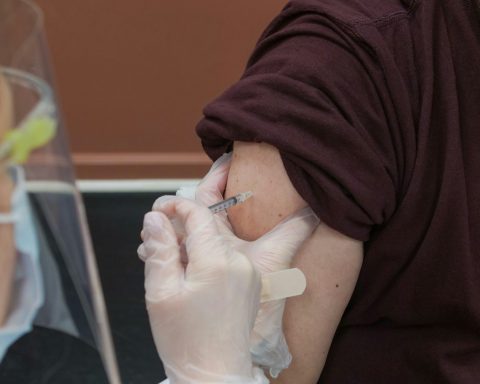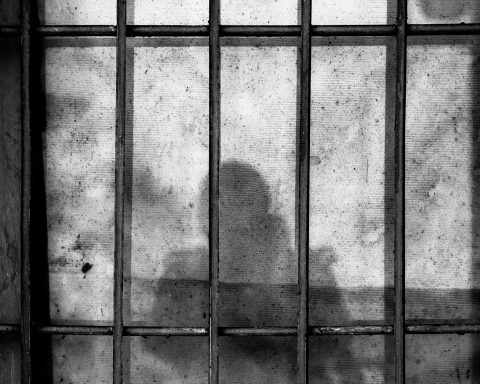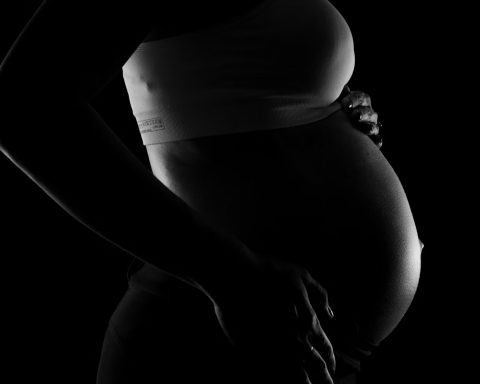The City of Tshwane has issued a clear warning: Tshwane rivers unsafe for any water contact. Residents should pause swimming, bathing and baptism until further notice after recent tests showed elevated bacteria in several rivers. The Health MMC, Tshegofatso Mashabela, urged communities and faith leaders to suspend river activities while teams monitor and fix the hotspots.
What officials found and why it matters
Mashabela said contact with contaminated river water can trigger eye and skin irritation, breathing problems, nausea and other waterborne illnesses. High bacteria levels also threaten fish and other aquatic life by lowering oxygen in the water. Pollution sources include faecal runoff, agricultural waste, untreated sewage and industrial effluent. Because of this mix, authorities view the situation as both a public health and environmental risk.
Tshwane rivers unsafe, but tap water is safe
While Tshwane rivers unsafe warnings remain in place, officials stressed that treated municipal water meets national safety standards. Routine testing has detected no Salmonella typhi in the city’s drinking water, including tanker-supplied samples. Investigations into a reported cluster of typhoid fever cases continue, yet no link to the municipal supply has been found.
What residents should do now
Avoid all river contact, including baptism, for now. Do not collect river water for household or religious use. Use treated, potable water for drinking and cooking. Report illegal dumping or suspected sewage discharges to municipal channels. Officials say teams will keep testing and will update the public when conditions improve. Until then, follow the guidance, because the Tshwane rivers unsafe alert remains in effect.
Community role and next steps
Residents can help by staying out of polluted stretches, keeping children away from riverbanks and sharing updates with neighbours and congregations. Meanwhile, the city’s environmental health and water teams continue monitoring and will confirm when it is safe to return.






